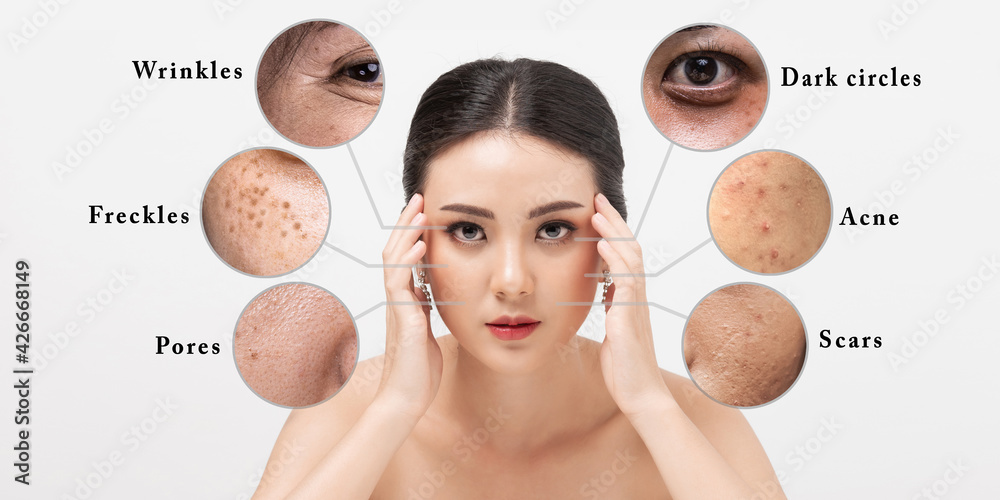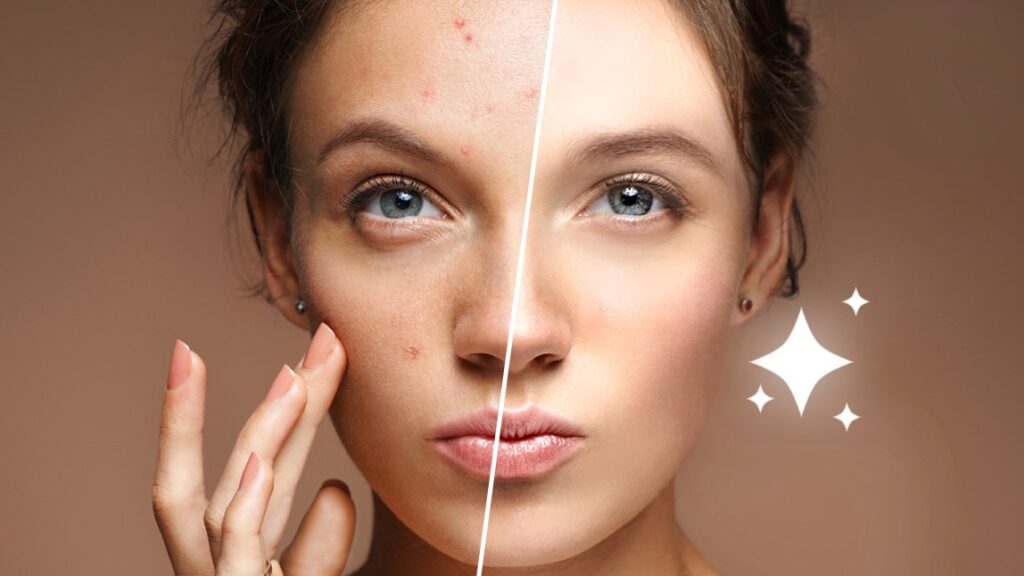Vitamin C Serums – Anti-wrinkle Action, Efficacy, Does it really work?


Vitamin C serums have been very popular on the anti-wrinkle market for a long time now. But are they really effective? Is it true that Vitamin C degrades rapidly making the serum ineffective? In this article we will learn more about Best Vitamin C serum in Pakistan, their Properties and their Benefits.
What is a Serum?
Serums are cosmetic products designed to complete the facial beauty treatment.
Unlike a cream, which typically has a dense and full-bodied consistency, face serums are characterized by a fluid texture: the peculiarity is hidden precisely in the formula, particularly rich in active substances, reduced into micro-molecules capable of reaching the deepest in the epidermis.
In order for serums to exercise their beneficial potential, it is important to associate them with a cream: in fact, serums were created to increase the performance of the cream, optimizing the final action.
C vitamin
Antioxidant juice
When we think of “vitamin C “, we often imagine citrus fruits: in fact, this vitamin is abundant in lemons, oranges and grapefruits.
Best Vitamin C serums were born from the idea of stealing the vitamin C naturally present in fruit and concentrating it in small and precious bottles:
Vitamin C serums can be compared to real concentrated antioxidant juices for the skin of the face.
L-Ascorbic acid
L-ascorbic acid is the scientific name by which vitamin C is recognized, a well-known antioxidant, essential for our health.
Vitamin C is touted as one of the best anti-aging substances, a lifesaver for your skin, to keep it smooth, glowing, and even-toned.
Vitamin C is involved in various functions, at the metabolic, immune and skin level. Indeed, in cosmetics, it is used for the following functions:
Antioxidants/antiradicals;
Collagen synthesis stimulants;
Skin lighteners;
Skin protectors;
Vitamin C and Nutrition
The human body is unable to synthesize vitamin C; for this reason, it is important to take it through food.
However, from recent studies concerning the absorption of ascorbic acid, it has been found that the vitamin C taken through food is not sufficient to bring effective benefits to the skin, given that its absorption seems to be limited by transport mechanisms active in the intestine.
Vitamin C in Face Serums


Functional aspects
Solubility
Vitamin C is water soluble, i.e. soluble in an aqueous environment: most serums contain vitamin C in an aqueous solution, which is clear and straw-colored.
Stability
Vitamin C serums usually have poor stability: in fact, when exposed to light, heat and air, L-ascorbic acid tends to lose its active properties on the skin.
Precisely because of its instability, to avoid compromising its antioxidant activity, vitamin C serums are marketed in special single-dose vials/droppers, often dark in color to protect them from light.
PH and Concentration
To preserve their functional activity, vitamin C serums must be formulated appropriately, respecting pH and concentration:
Acidic pH (3.5% or less);
Minimum concentration of 10%.
Some formulations contain vitamin C in the 20% ascorbic acid formula: such a concentration could not only cause irritation or sensitization of the skin, but could even nullify the effect of the vitamin, thus not providing any benefit.
Directions
Vitamin C serums are suitable for anyone who loves to take care of their skin.
Indeed, they are suitable for:
Delay the Chrono-aging of the skin that everyone faces;
Prevent the formation of wrinkles;
Promote collagen production;
Counteract the loss of skin tone;
Lighten skin spots;
Brighten the complexion;
Keep the skin supple;
Protect the skin from free radicals produced by the sun and pollution;
Keep the skin supple and smooth;
Combat acne-related hyperpigmentation;
Does it really work?


Vitamin C and its Role in Collagen Synthesis
Vitamin C (L-ascorbic acid) is essential for the biosynthesis of collagen:
Ascorbate is a cofactor for the hydroxylase of the enzymes responsible for the transformation of proto collagen into collagen;
Ascorbate can indirectly stimulate collagen synthesis by activating its transcription and stabilizing proto collagen mRNA.
Additionally, ascorbic acid is also helpful in preserving existing collagen production.
Vitamin C against UV rays
Vitamin C is often used in the formulation of cosmetics dedicated to skin aging , especially that induced by free radicals produced by sunlight.
Ascorbic acid ensures effective photo-protection in certain inflammatory conditions, including those caused by post-surgical events.
To support the topical efficacy of vitamin C, a 3-month study was performed on 19 patients between 36 and 72 years of age with moderately photo-damaged facial skin.
Topical use of 10% topical ascorbic acid for 3 months resulted in clear improvement in:
Fine wrinkles;
Roughness to the touch;
Skin laxity and tone;
Yellowing of the face;
Vitamin C and lightening activity
Vitamin C, used in the form of magnesium-L-Ascorbyl-phosphate, is often used in cosmetics to make creams, masks and face serums with lightening activity, or to lighten superficial hyperpigmentation in general.
In fact, it has been observed that magnesium-L-Ascorbyl-phosphate:
Is able to suppress the formation of melanin from Tyrosinase in melanoma cells (in vitro);
The topical (local) application on the skin is able to induce a significant lightening of discoloration and freckles in 19 of the 34 patients analyzed.
Vitamin C and healing
According to some studies, vitamin C in creams and serums is useful to help reduce the appearance of scars and speed up the healing process of wounds.


